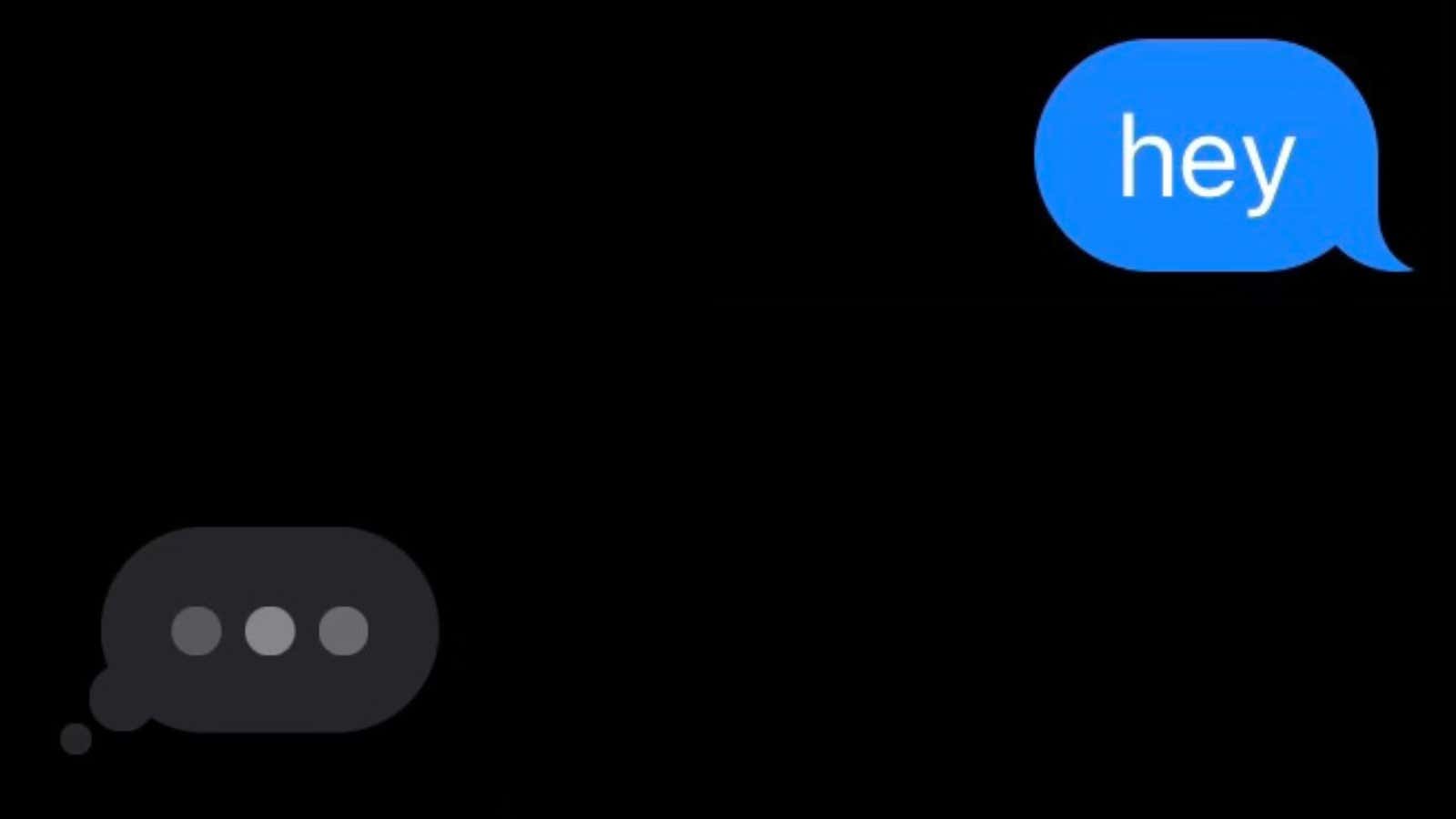How to Rebuild a Relationship After a Breakup

Perhaps even more than romantic relationships, friendships are vital to our health and happiness. Research shows that strong friendships can help us live longer, healthier, and more interesting lives . But friendship can have all the ups and downs of a marriage: we laugh, we cry, and sometimes we break up. When this happens, it’s natural for us to miss our former partner in crime and hope for reconciliation and mending the relationship. But how do you know if a friendship can be saved?
According to Dr. Kara Goodwin , Ph.D., a licensed clinical psychologist, the choice of whether or not to try to rekindle a friendship starts with you. “If [you] strongly feel that [you] want to reconnect, [you] should take steps to do so,” she says, “provided there was no physical, mental, or emotional abuse. “If so, then it’s better to move on,” says Goodwin. “Toxic relationships are usually never worth saving.”
If you think your friendship can be salvaged, or at least worth trying to reconnect, but you don’t know how to connect with someone after a big fight, here are a few tips to help you make it smoother.
Think about the events of a breakup before you lend a hand
Before you talk to your friend, Philadelphia psychotherapist Hanna Guy suggests that you carefully consider the events that caused the breakup between you and think about how they made you feel.
“Let’s just say your friend promised to come to your birthday party and then ran off to go out with her girlfriend,” she says. “It probably makes you feel hurt, angry, frustrated and maybe even disrespectful. It’s not about your birthday. The problem is how your friend’s actions made you feel less prioritized and it hurt your feelings.”
Guy suggested asking yourself what friendship brings to your life: “Does being with them make you better? Do you really enjoy being around them? Or do you feel relieved that you don’t have to be around them so much?”
When you reach out to your friend, she says, try not to get into the details of what happened; focus more on the hidden emotional currents that can tell you what really happened because of the breakup.
Connect as calmly and honestly as possible
Once you decide to reach out to your friend, Goodwin says, do it calmly and rationally, and in a public place if that helps. “Be sure to listen to what your friend is saying before you speak. Honesty and openness are good communication tools, so be sure to tell them how you really feel and then accept their reaction,” she adds. “Don’t dwell on the situation. Once [an argument] can be buried, there is no point in raising it in the future if a decision is made. Apologize if necessary. Once the apologies are eliminated, you can start working on restoring the friendship.”
This is more than your own gestures of reconciliation. As Goodwin noted, it is up to the offended friend to decide whether to accept an apology if offered, and that both of you need to decide whether to rekindle the friendship and consider the reason for the breakup.
What to do if a friend does not want to put up
While your intentions may come from a good place, the reality is that your former friend may not want to make things right. So how do you make up with a friend who doesn’t want to make up?
“It’s always difficult,” Guy says. “It is important to understand that you cannot force anyone to forgive you or become your friend. All you can do is focus on your own actions. If you feel like you’ve done everything you can to save the friendship and they’re still not interested in reconciling, it’s time to move on.”
Acceptance, of course, does not make life easier. Usually you experience some sort of grieving process – the same thing you experience in response to any loss. “If you find that after a while you continue to struggle to come to terms [with the end of a friendship], it’s always a good idea to seek support from a therapist,” Guy says.
How to restore friendship a second time
If you and your friend have agreed to move on and become friends again, it’s okay to feel a little awkward at first. This is why Guy finds it critical to focus on the bigger picture. “Communicate with each other about why your friendship is important,” she says. “When the going gets tough, come together and remind each other of the importance of your friendship. When we just focus on the smallest things, we can start to feel resentful and unhappy.”
Goodwin adds: “Communication skills are important in any relationship, as are honesty and openness. If both parties are willing to apologize and move on, the foundation will be laid for a stronger relationship in the future. Honesty and transparency are good (if not the best) means of communication.”